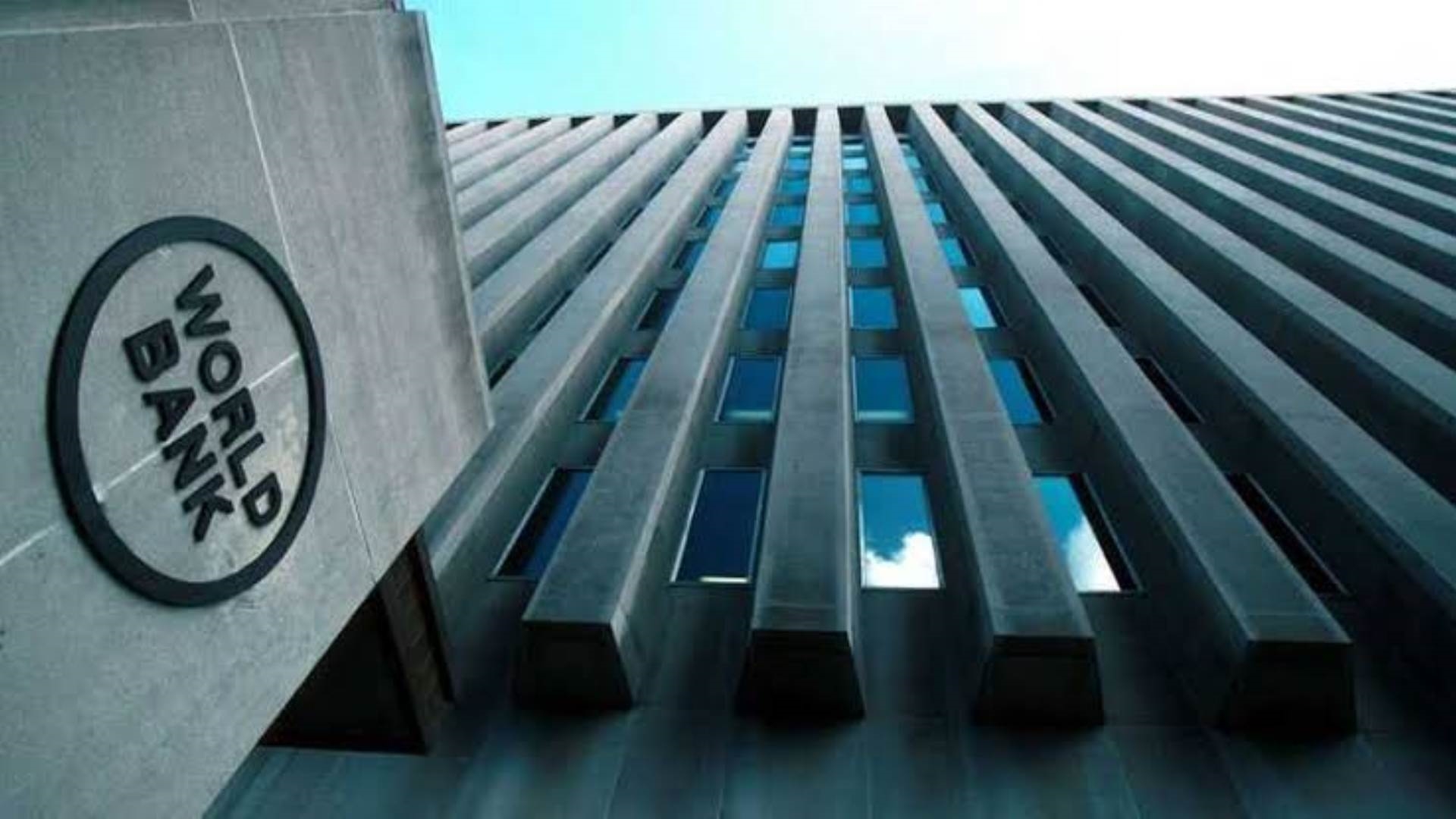The World Bank Raises Growth Forecasts for the Middle East and North Africa

In a new economic report, the World Bank raised growth forecasts for the Middle East, North Africa, Afghanistan, and Pakistan for 2025, highlighting at the same time that enhancing women's participation in the labor market represents an "untapped opportunity" for achieving real economic leaps.
The World Bank released its new report today, Tuesday, titled "Work and Women: Untapped Talents and Unfulfilled Growth," in which it revised the economic forecasts for the region. The report predicts that the average GDP growth will reach 2.8% in 2025, supported by a faster-than-expected recovery in the Gulf Cooperation Council countries following oil production cuts, and growth in the non-oil sector.
However, the bank lowered its growth forecast for 2026 to 3.3%, attributing this adjustment to the impact of ongoing conflicts and declining oil production in countries like Iran and Libya. The report also predicts that the Iranian economy will contract by 1.7% this year, expecting the contraction to reach 2.8% in 2026.
The report noted a divergence in economic prospects, with improving forecasts for oil-importing countries due to rising consumption and investment, while some oil-exporting countries face significant slowdowns due to conflicts and production disruptions.
The report dedicated an important section to the role of women, emphasizing that enhancing their participation in the labor market is a fundamental pillar for achieving inclusive development. The report indicated that only one in five women in the region participates in the labor market, which is the "lowest rate in the world" despite significant improvements in education levels and skill acquisition.
In this context, Osman Dioun, Vice President of the World Bank for the region, stated: "Decisive actions must be taken that go beyond limited measures to address all barriers to women's empowerment and unleash their full potential. A dynamic private sector capable of creating jobs and meeting aspirations is key to real progress in the region."
For her part, Roberta Gatti, Chief Economist at the World Bank for the region, pointed to the enormous economic gains that lie in this area, saying: "Lifting restrictions on women accessing jobs that match their talents can boost per capita GDP by between 20% and 30% in economies like Egypt, Jordan, and Pakistan."
The report concluded that removing social and legal barriers to women's participation is not just a matter of social justice, but a strategic investment in the region's economic future.